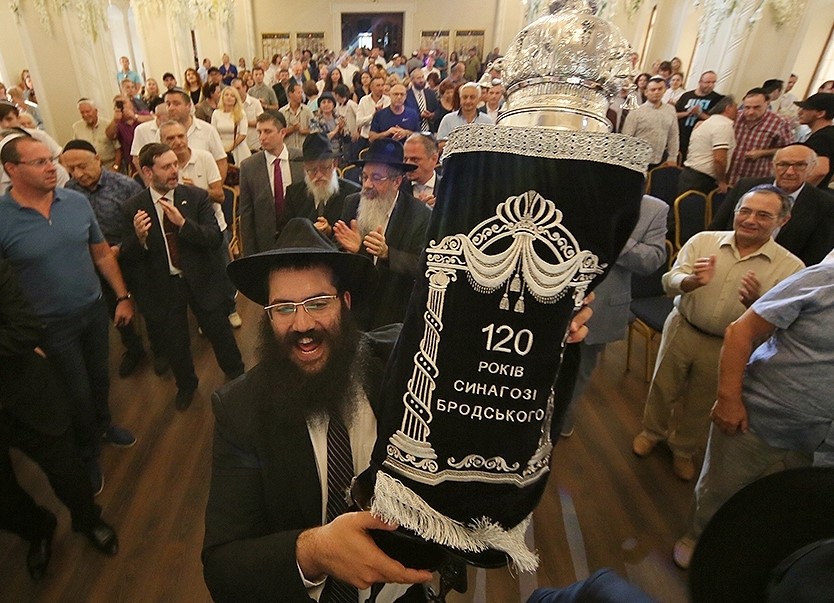
For Ukrainian Jews, both at home and abroad, the war in Ukraine has helped solidify their Ukrainian identity where they had previously been wary of such identification or had called themselves Russian, writes anthropologist Marina Sapritsky-Nahum in the London School of Economics’ Religion and Global Society blog (March 2). Focusing on the Jewish bastion of Odessa, Sapritsky-Nahum writes that when she first began research on Ukraine’s Jews back in 2005, she found that they eschewed Ukrainian nationalism and that those who had emigrated felt even less connection to being Ukrainian. Those Ukrainian Jews who spoke Russian commonly identified as Russian. It is different now. “For Odessan Jews, home and abroad, the horrific war waged by Putin…has solidified their identify as Ukrainian Jews,” she writes. Jews and other Russian speakers living in Ukraine had been “shedding their Russianness” in favor of Ukrainianness since the political reverberations of 2013–2014’s Euromaidan protests, but recent events have intensified this identity change. Ukrainian President Volodymyr Zelensky has proved to be the new face of Ukrainian Jewry, even though his Jewishness was deemphasized for most of his political career.
Ukrainian synagogues and Jewish leaders have been forthright in defending and deciding to stay in the war-torn country. “In sermons, leaders of Jewish congregations are recounting themes of Jewish bravery and survival of a few at the hands of the many by connecting the war in Ukraine with the stories of Hannukah, Purim and even the Jewish exodus from Egypt.” Rabbi Shlomo Levitansky, one of the 183 Chabad emissaries and other community leaders who have promised to remain in Ukraine, says that Christian leaders have been inspired by Jewish stories of survival, such as the Jews surviving in the desert with no other food but manna sent from heaven. “Empty shop shelves and a shortage of wheat and other products leave people looking for something spiritual, a higher force,” Levitansky says. Sapritsky-Nahum concludes that while “Putin’s war has killed people and destroyed places and ideologies,…it has also birthed the strongest Ukrainian sentiment around the world. It is paving the way for a new chapter of Ukrainian-Jewish relations and a shared identity as Ukrainian Jews.”
(Religion and Global Society, https://blogs.lse.ac.uk/religionglobalsociety/2022/03/putins-war-and-the-making-of-a-ukrainian-jewry/)
 Source: Ukrainian Jewish Encounter
Source: Ukrainian Jewish Encounter